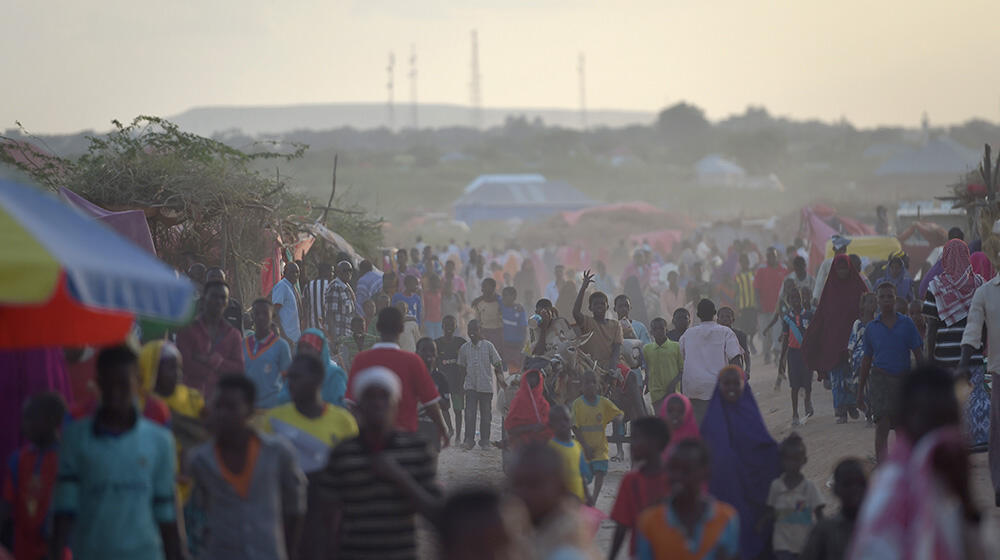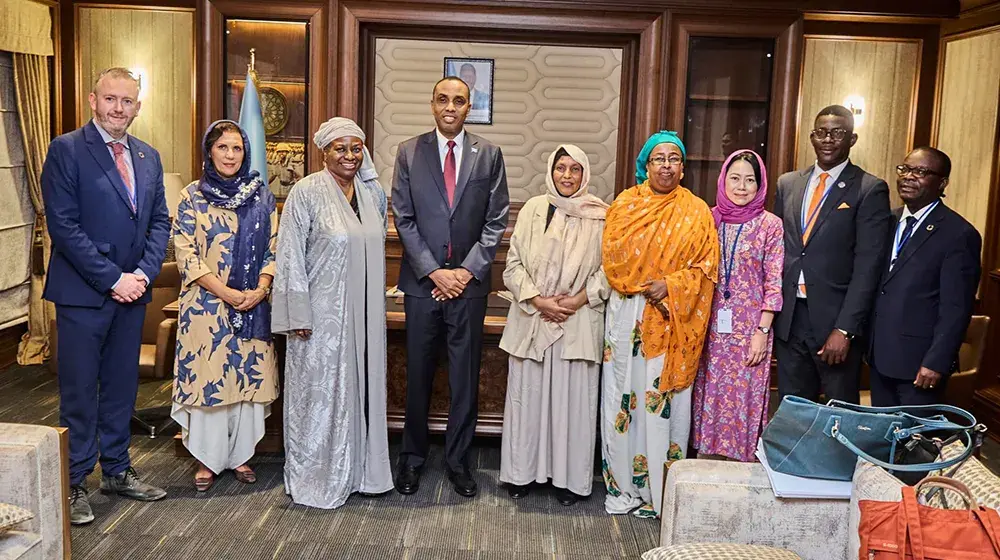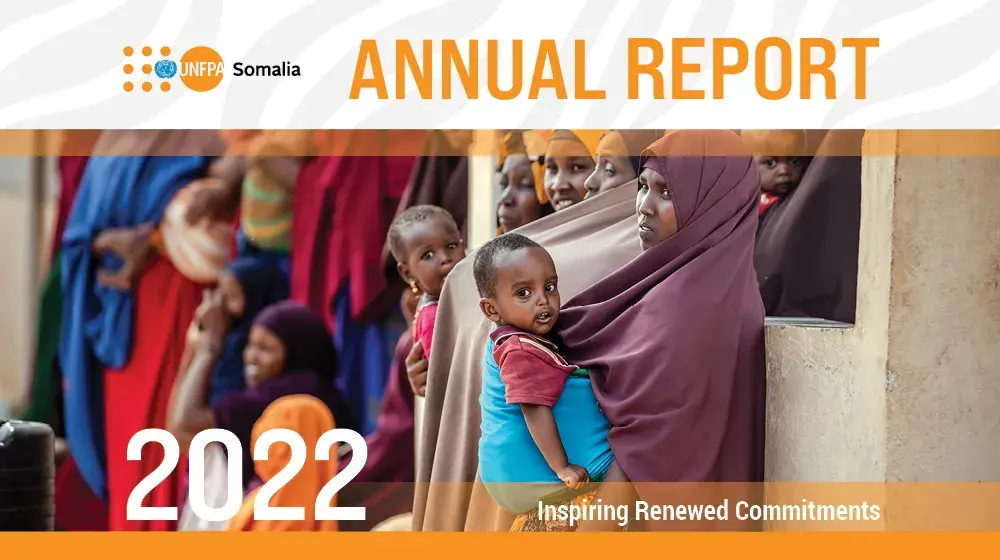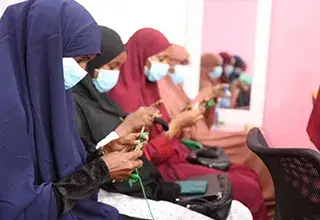On the 15th of November, 2022, the world’s population is expected to reach 8 billion. While we embrace this milestone, we must recognize that even as the global population grows, each country is unique in its demographics.
The day of the eight billion population mark is a time for every country to take into consideration how the world is changing and what it means for their own future. The size of the human population is directly proportional to the scale of resources consumed and required to maintain societies and economies; a factor that has a cascading effect on nature, and climate. This calls for attention to focus on efficient and mindful consumption of the planet’s resources, instead of fearing the number of people on the planet.
The population of the world has never been uniform; with some areas being more populated than others. Going forward, national populations will be increasingly more concentrated in countries with higher fertility rates and more youthful age structures - this includes Somalia.
For Somalia, this milestone comes at a time when the country is facing one of the most severe droughts in its history, with close to 8 million people affected.
The combined impact of protracted conflict and climate change (through recurrent and prolonged droughts and flash floods) has led to over 2 million people being displaced. This has resulted in heightened sexual and reproductive health, gender-based violence and security vulnerabilities, particularly for women and girls.
Despite these challenges, strides have been made to improve access to sexual and reproductive health services by the government and development partners. Since 1969, the year UNFPA started working in Somalia; it has spearheaded the provision of sexual and reproductive health services across the country. Since 2009, around 2,000 midwives have graduated from 14 UNFPA-supported midwifery schools. These midwives are currently working in urban and rural settlements across Somalia. For hundreds of women and children, UNFPA and its partners have been able to prevent maternal and newborn morbidity and mortality through the provision of emergency obstetric and newborn care. Even so, Somalia has one of the highest maternal mortality rates in the world at 692 maternal deaths per 100,000 live births. Only a third of births are attended by skilled health personnel, thus more needs to be done.
Critical to ensuring a sustainable future for women and girls in Somalia is evidence-based planning and policy making. Knowledge of the size of a population, its distribution, socio-economic characteristics and population dynamics help in identifying trends and building programmes that meet the needs of communities. This data can also be used to measure progress on national and international targets. Unfortunately, the last census carried out in Somalia was in 1974, resulting in the paucity of this data. However, the Federal Government of Somalia has recently committed to conducting a population and housing census in the 2020 round of censuses. The census data collected is expected to yield indicators on education, health, economic status, housing and much more, which will guide the country towards sustainable development. The census is expected to enumerate all persons living in the country, consolidating the democratic dream to ensure that everyone counts and no one is left behind. As part of its core mandate, UNFPA is leading the efforts to mobilise resources for the census as well as providing technical support to strengthen the Somali statistical offices’ census capacity in the collection, processing, analysis, dissemination and use of census data for development.
According to estimates, Somali youth under 30 constitutes three-quarters of the total Somali population. This population structure means either a youth dividend that can be taken advantage of to spur development or a ticking time bomb. The reproductive choices of the youth shape the future demographic trends of a country. The youth can only reach their full potential and contribute to economic and social development if they have the information and abilities to defend themselves and make wise judgments. Underprivileged youth, such as those from displaced populations, and rural areas, especially young women and girls, require special consideration. A fact that continues to become more pronounced as the catastrophic effects of the ongoing drought unfold.
Investing in the youth is one of the best investments a country can make. Provided with the right knowledge, skills, opportunities and choices, the youth can contribute to ending the cycle of poverty, preserving the social fabric, and building a sustainable future as parents, educators, and leaders of the next generation. UNFPA is working to promote the rights of young people and their rights to information and services about sexual and reproductive health.
In a world of 8 billion strong, UNFPA is committed to delivering a Somalia where every young person's potential is fulfilled, and where the youth has access to sexual and reproductive health services.





